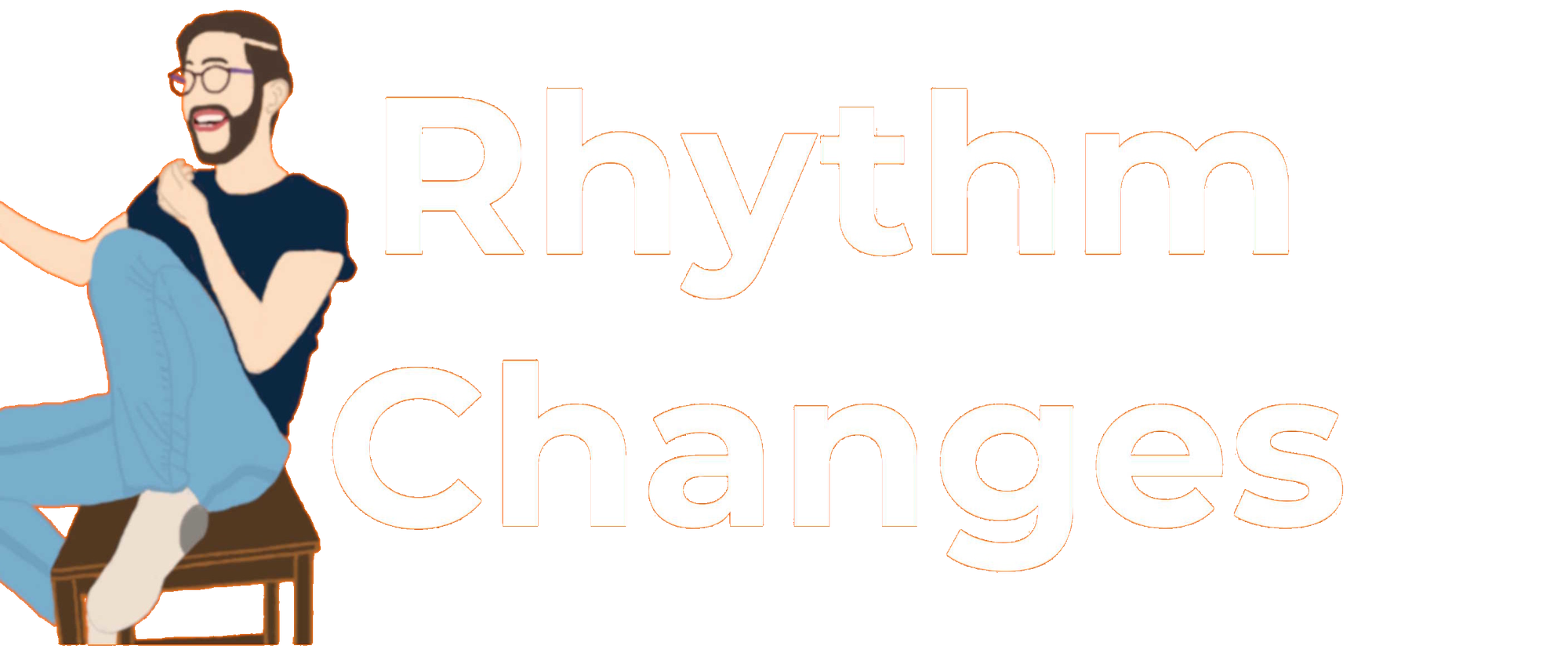Dean Thiessen - Stranger Friends
They say “play what you know” and, for a debut project, Thiessen seems to know a lot about himself already.

The debut release Stranger Friends from Vancouver pianist and composer Dean Thiessen is an expression of his feelings: feelings about his best friends, feelings about particular places, and even feelings about certain feelings. They say “play what you know” and, for a debut project, Thiessen seems to know a lot about himself already.
Stranger friends, better company
Stranger Friends is all at once the name of the album, the group, and the first track. The group comprises Dean Thiessen on piano, Thad Bailey-Mai on trumpet, Wynston Minckler on bass, Ben Parker on drums as well as Gavin Grochowski on saxophone (featured only on “The Big Good”). They are all Vancouver-based, Capilano University alumni.
“Stranger Friends”, the opening track of the album, is a vehicle meant to set the tone of the album, but it also introduces our players and, of course, our composer. The melody is played at first by piano and bass in unison, breaking up into harmonized parts halfway through the section. In the next section, the piano and trumpet play a new melody in unison.
After the melody sections, Thiessen plays a piano solo that exhibits his comfort and lucidity in navigating the chord changes of the tune he’s written. So far, the composer has been present in every part of the song, which shows us how closely involved he is with the composition.
However, after the piano solo, there is an unaccompanied and totally improvised bass solo. For a moment, Minckler is composing. Sure enough, the melody comes back and the track ends. Now, this bass solo might seem like a simple stylistic choice on Thiessen’s part, however I think it says more about him than you might think, but I’ll get to that later.
Thiessen’s unique compositional point of view
Moving through the tracklist, Thiessen further carves out his unique compositional style and point of view. This music can generically be defined as contemporary post-bop with pronounced gospel, folk, and blues influence. That is not to say that this album is in any way generic. I think Thiessen has found a sweet spot in the gap between his uncanny ability to write a sort of “mathematically perfect” melody and his employ of compositional tricks up his sleeve that serve to break up any looming monotony far before it arrives.
One good example of this is in the piano/bass unison melody of “Stranger Friends”. The melody is strong and consistent and, just as you get used to the sound of it, Thiessen adds a sort of melodic hiccup. Both instruments, including the repeated drone figure Thiessen had been playing with his right hand the entire time, rest for two beats and then continue playing through the melody as normal.
To me, this is a brilliant compositional choice that both grabs the listener’s attention and communicates that there is another layer of thought that went into writing this tune. Thiessen isn’t following the standard conventions of small-group jazz composition here, and he wants you to know that.
Curveball
Another great example of Thiessen throwing the listener a compositional curveball is in the fifth track “Camping Song”, the album’s de facto single. This track has a fun and uplifting tone that employs familiar elements of gospel and folk harmony. In the liner notes, Thiessen writes that this song expresses “the chaotic memory of hiking with friends and the frustrating love one feels when returning to their childhood home town.” This makes sense because I feel nostalgic when I turn this track on. However, at the end of each of the melody sections, the established sense of order and security melts away into a free-improv interlude.
This has a similar effect as the “hiccup” from track one, except where the “hiccup” makes your brain think your speakers have disappeared for a moment, the morph into free-improv on this track makes your brain think your speakers are turning inside-out. But sure enough, the melody picks up again and we are brought back into familiar territory, successfully expressing the duality of sentimentality and chaos, as intended.
Thiessen isn’t following the standard conventions of small-group jazz composition here, and he wants you to know that.
Modular composition for humans
In my opinion, the compositional device that is central to both the style as well as the ethos of this album is what I like to call “modular composition for humans.” Essentially, instead of writing simply for piano, bass, drums, and trumpet, Thiessen appears to be writing for the specific musicians who perform on this project. Since they are his friends, he knows what they are musically capable of and what their tastes are as performers and improvisers. But, more importantly, because they are his friends, he can trust them.
This trust allows these particular musicians to be inserted into compositions as “modules” that infuse the project with their own interpretation to add spontaneity and character. Think of Cory Henry’s keyboard solo on Snarky Puppy’s “Lingus”. The composition was written by bandleader Michael League but positioned Henry with as much space as he needed to create as epic a solo as humanly possible, which ends up defining the composition itself. Thiessen similarly inserts musicians in a modular way on this record, like with Minckler’s unaccompanied solo from track one, or Bailey-Mai’s soaring and dextrous improvising on “Saving Song”. Like with “Lingus”, their solos seem to add dimension to the greater picture of their respective tunes, and I suspect that this is intentional on Thiessen’s part.
In the end, Stranger Friends accomplishes two seemingly opposite things: it validates Thiessen as a singular voice in jazz composition while simultaneously propping up the featured musicians not only as contributors to the album, but as individuals worthy of their own acclaim. But these things aren’t opposites, they’re just the product of a project built on talent, skill, canny, trust and, you guessed it, friendship.
Find the album on Bandcamp and follow Dean Thiessen there.
The artist maintains the link above. If the link broke, please contact Rhythm Changes, and thank you for the heads-up.




